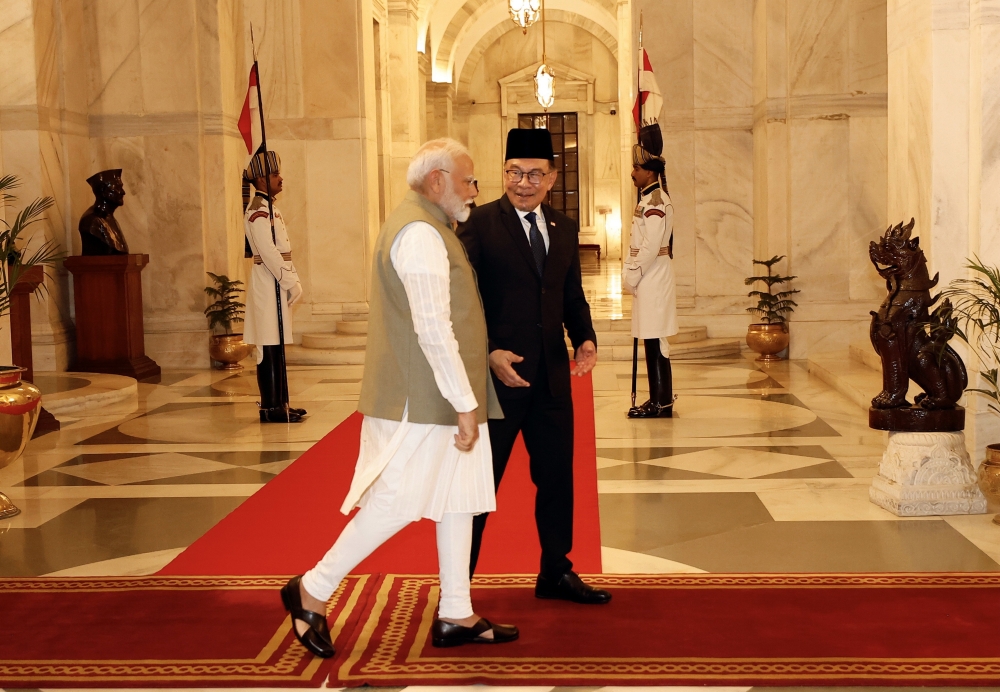KUALA LUMPUR, Nov 10 — Is India now offering dual citizenship to Malaysian Indians? Following a major policy change, the answer is a firm no, but something significant is on the table.
Sixth-generation Malaysian Indians can now apply for India’s Overseas Citizens of India (OCI) status — up from the previous three-generation limit — potentially qualifying tens of thousands more for lifelong privileges in India.
Here’s what the OCI card actually is, what it offers, and who is eligible.
So, what exactly is an OCI Card?
The OCI is a lifetime visa and a legal recognition for foreign citizens with Indian ancestry.
It is not citizenship, as neither Malaysia nor India recognises dual citizenship.
It also differs from Non-Resident Indian (NRI) status, which applies to Indian citizens living abroad.
OCI holders are, by definition, foreign citizens.
What are the key privileges?
The OCI card grants several significant benefits, including:
- A multiple-entry, multi-purpose, life-long visa to visit India.
- The same entry fees as local Indians for national parks and wildlife sanctuaries.
- The ability to acquire residential and commercial property (excluding agricultural land).
- Parity with NRIs in financial, economic, and educational fields.
While it is not citizenship, an OCI cardholder who has held the card for five years and resided in India for at least one of those years can apply for Indian citizenship.
What are the limitations?
OCI holders are not Indian citizens and therefore cannot vote in Indian elections, hold government employment, serve in the legislature or judiciary, or hold constitutional posts like president or vice-president.
Like all foreign nationals, they must also obtain special permits to visit protected or restricted areas.
Who is not eligible?
Not all Malaysian Indians qualify. Key exclusions include:
- Those with ancestry from Bangladesh, China, Pakistan, or Sri Lanka.
- Current or retired personnel from the police, Defence Ministry, or Foreign Affairs Ministry.
- Asylum-seekers and certain categories of children (for instance, adopted or born out of wedlock).
Can the OCI status be revoked?
Yes. The Indian government can cancel the OCI status for several reasons, including fraudulent registration, showing disaffection towards the Indian Constitution, or assisting an enemy nation during a war.
How much does it cost?
The application fee is currently US$275 (RM1,150) if submitted outside of India.
For applications made within India, the fee is INR15,0000 (RM700) per submission.






